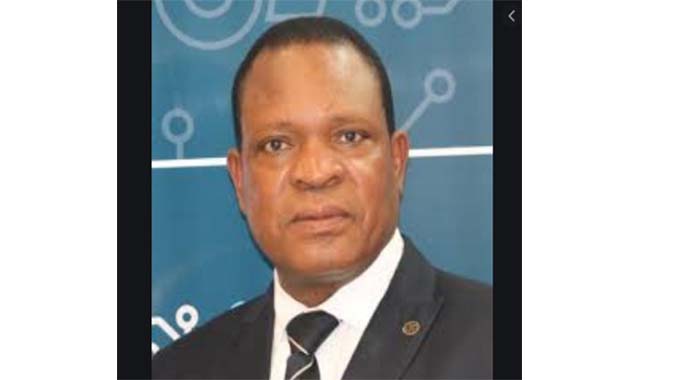Agriculture key in achieving Vision 2030

Patrick Chitumba, Midlands Bureau Chief
AGRICULTURE remains one of the key sectors in the country’s quest towards achieving Vision 2030 and Zimbabweans should take advantage of a promising 2020-2021 farming season to end the perennial food insecurity, a Cabinet Minister said.
More than 1,8 million farmers have received training through the Intwasa/Pfumvudza Conservation Agriculture Programme under which they are practicing climate-proofed agriculture underpinned by support from an army of agriculture extension workers.
The farmers received Government support, in the form of seed and fertilizer after the Ministry of Finance and Economic Development released funding for transportation of the inputs directly to farmers.
Beneficiaries have three plots; one for maize, another for traditional crops and another for oil seeds.
Government also provided support to cotton farmers under the Presidential Cotton Input Scheme.
In addition, the Government ring-fenced 15 million litres of fuel for farmers contracted under the National Enhanced Productivity Programme (Command Agriculture) while farmers have already begun receiving support from banks.
Addressing Ministers of State for Provincial Affairs and Devolution from across the country who are meeting in Gweru to strategize on the 2020-2021 farming season, the Minister of Lands, Agriculture, Water and Rural Resettlement Dr Anxious Masuka said the Agriculture Recovery Plan was well on course.
“Agriculture remains one of the key sectors in the country’s quest towards achieving Vision 2030 of becoming an upper middle-class economy- and Zimbabweans should take advantage of a promising 2020-2021 farming season to end the perennial food insecurity,” said the Minister.
He challenged the Ministers of State for Provincial Affairs and Devolution to expeditiously anchor their Provincial Gross Domestic Products on agriculture.
Dr Masuka said there were more than 1.8 million households in the country who were actively involved in different agricultural activities daily- a figure which he said if properly supported, could bring back the country’s status as the breadbasket of Southern Africa.
“We have 1,8 million rural households representing 70 percent of the population who are involved daily in agriculture. For the attainment of Vision 2030, they therefore ought to be mainstreamed in the mainstream economy so that they too ca can be layers as we journey along the Vision 2030 so it is both a challenge and an obligation for us all to begin to make the systematic way forward to make sure we increase agricultural production and increase profitability in farms,” he said.
Dr Masuka said farmers should begin to take agriculture as a lucrative business riding on Government’s full support of the sector through various Agriculture Recovery Plans such as the Intwasa/Pfumvudza programme.
He said provinces were given targets under the 2020-2021 farming season and should take advantage of a promising farming season to achieve set targets as the country journeys towards attaining the Vision 2030.
“So, agriculture ought to be a business, a viable and entertaining one. It’s both an art and a science. For this season we have said we have to individually and collectively assure that we move into permanent food security territory and move away from the food insecurity situation we have been in the past. If we plan together if we own the programmes certainly the outcome will be what we desire. We might not have the power to predict the future but sufficiently planning will always give us good results,” he said.
Dr Masuka said under the Government’s National Development Strategy 1 (NDS1) agriculture was a very critical component towards the country’s development agenda.
He said provincial ministers will be holding an interactive workshop to discuss issues where the sector can improve at the country gears for a bumper harvest.
“At the inaugural meeting of provincial ministers, we requested the Vice President Dr Constantino Chiwenga to proffer his remarks and guidance on what structure this interface ought to take and he eloquently gave us guidance on how we should move forward for us to be food sufficient as a nation. So, the purpose of this second meeting is to interact and see where we can improve as we journey towards Vision 2030,’” he said.
Over 1.5 million hectares has been set aside for cropping with a target of over 3.6 million tonnes of maize.
Zimbabwe is forecast to receive between normal to above normal rainfall.








Comments